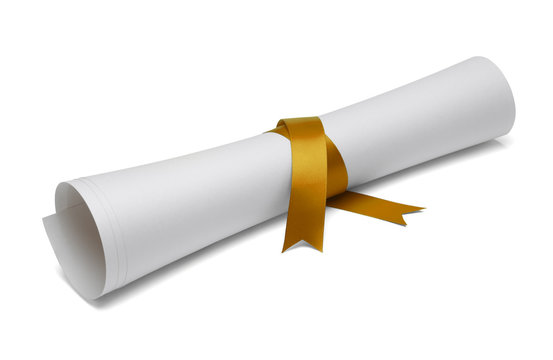Understanding Novelty High School Diplomas: What They Are and Why Caution Is Needed
In recent years, the market for novelty items has expanded to include a wide range of products, including novelty high school diplomas. These items are marketed as fun or humorous replicas meant for display or entertainment purposes. However, the line between a harmless novelty and a potentially problematic document can be thin. Understanding the nature of these diplomas and the risks associated with their misuse is essential.
What is a Novelty High School Diploma?
A novelty high school diploma is a document designed to look like a real high school diploma but is intended for entertainment or personal use rather than official or academic purposes. These diplomas can be customized with the name of the "graduate," a fictitious school name, and even fake signatures to resemble an authentic diploma. They are often sold online as gag gifts, props, or souvenirs.
Common Uses of Novelty Diplomas
-
Gag Gifts: Novelty diplomas are often purchased as humorous gifts for friends or family members who, for example, "finally" graduated from the "School of Hard Knocks" or who deserve a light-hearted recognition.
-
Decorative Items: Some people buy novelty diplomas to decorate their homes or offices, especially if they’re looking for a humorous or nostalgic touch.
-
Props for Entertainment: In the entertainment industry, novelty diplomas might be used as props in movies, TV shows, or theater productions where a real diploma is not necessary or appropriate.
-
Personal Motivation: Occasionally, individuals may purchase a novelty diploma as a motivational tool, a reminder of a goal they are working toward, such as completing an actual high school program or passing the GED.
The Risks of Misusing Novelty Diplomas
While novelty diplomas are intended for harmless fun, they can lead to serious consequences if misused:
-
Legal Consequences: Presenting a novelty diploma as a legitimate document is considered fraud. This can lead to legal action, including fines and possible criminal charges, depending on the context in which it is used.
-
Employment Risks: If someone attempts to use a novelty diploma to secure a job, they risk being discovered during background checks. This can result in immediate termination and damage to their professional reputation.
-
Academic Integrity: Using a novelty diploma to gain admission to a college or vocational program is not only unethical but also grounds for expulsion if discovered. It can lead to a permanent black mark on one's academic record.
-
Personal Integrity: Misrepresenting a novelty diploma as a real credential can erode trust and credibility, damaging relationships with employers, colleagues, and even family members.
How to Safely Use a Novelty Diploma
To avoid the potential pitfalls associated with novelty diplomas, it’s important to use them appropriately:
-
Clearly Label as Novelty: Ensure that the diploma is clearly marked as a novelty item and is not confused with an official document. Some novelty diploma producers include disclaimers for this purpose.
-
Limit Use to Non-Official Purposes: Use novelty diplomas strictly for entertainment, decoration, or personal motivation. Never attempt to use them in situations where a real diploma is required.
-
Understand the Legal Boundaries: Be aware of the legal implications in your jurisdiction regarding the use of novelty diplomas. Even if purchased for innocent reasons, misuse can still lead to unintended consequences.
Conclusion
novelty high school diploma can be a fun and harmless way to bring humor or personal motivation into your life. However, they must be used responsibly and never in place of legitimate credentials. Understanding the clear distinction between a novelty item and a real academic document is crucial to avoiding legal troubles and maintaining personal and professional integrity. When used appropriately, novelty diplomas can serve as light-hearted reminders of past achievements or future goals, but they should never be mistaken for the real thing.

By using this site you agree to this Privacy Policy. Learn how to clear cookies here
Kiğılı: Erkekliğin Tarzını Belirleyen Bir Miras Gary Barlow son: Who is Daniel Barlow? Baja Portalegre: emoção e aventura sobre rodas 8K8 Pondicherry to Villupuram Cab Tôn Ngọc Hạnh: Người truyền cảm hứng cho cả một thế hệ POR-15 Automotive Rust Protection: Essential Underbody Protection for Your Vehicle Hebebühne Leipzig Hai muối